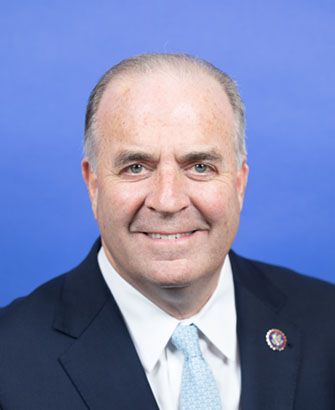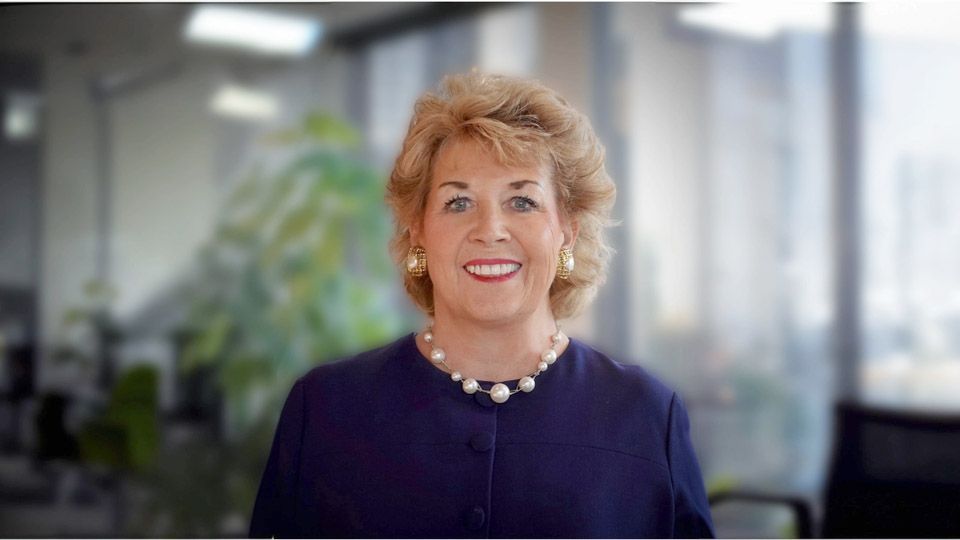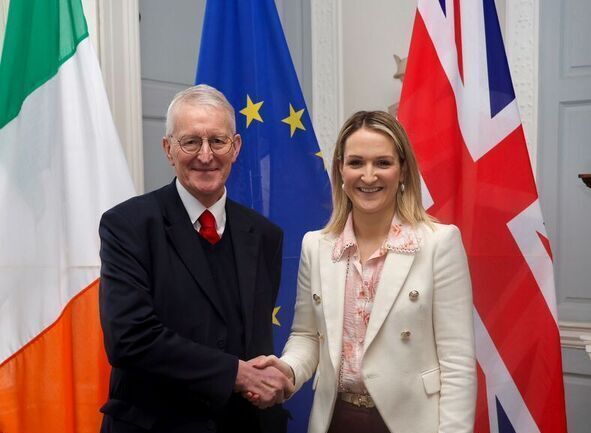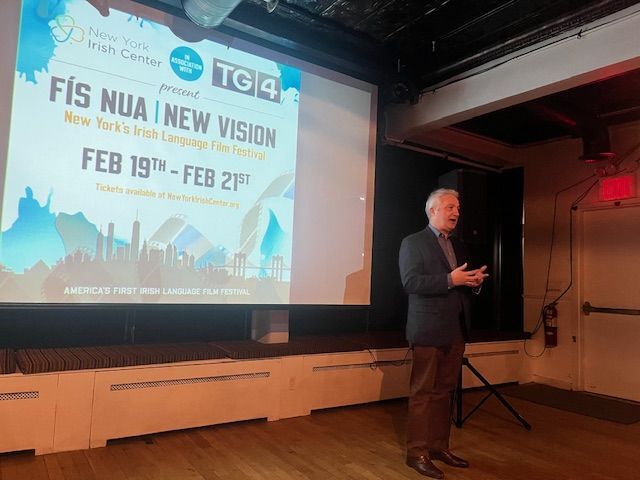Immigration might not be a third rail in American politics but it is for sure a hot potato. It will be interesting to see if Kamala Harris and Donald Trump touch on the issue in their upcoming debate.
For sure their parties have addressed immigration in their respective platforms. Not surprisingly, the tone and content of the respective platform positions are a study in contrast.
During the Democratic Convention, and as reported in these pages, Ireland's Ambassador to the United States, Geraldine Byrne Nason, was asked about immigration and the situation of Ireland and the Irish during an interview carried out by FedNet TV.
The ambassador addressed both the situation being faced by the undocumented Irish here in the U.S. and those back in Ireland who would like to give it a go in the U.S. but are unable to do so because there is virtually no legal pathway across the Atlantic for them.
So the hardy annual that is comprehensive immigration reform entered the conversation. Interviewer Keith Carney doubted that comprehensive reform would happen any time soon.
Congressman Dan Kildee.
Congressman Dan Kildee, who was also being interviewed, was a tad more optimistic.
The Michigan Democrat said he didn't want to "give up the notion of a comprehensive reform, because elections have consequences."
Kildee continued: "And one consequence of this election could be the will arrives in Washington D.C. to do what the whole country knows what we need to do, and that's comprehensive immigration reform.
"But either in that, or separately, there is a need for us to deal with temporary visas. It's in almost every sector of our economy, whether it's agriculture, manufacturing, like you know, tourism, should we have a dramatic need for that.
"But I would hate to give up the possibility because each two years we renew, we have a chance. And this is a little political, we elect the right people to the right positions, the will clearly exists, to engage in a comprehensive approach to immigration that also deals with the issues on the southern border. We can do that. And I don't want to give up that possibility."
Possibility, of course, is better than no chance at all. And it's true that with every new Congress there is the possibility of at least some action on immigration. A couple of times this century the Congress has come close to passing meaningful reform legislation. There was the McCain/Kennedy bill and the later Senate bill in 2013. Both looked promising, but both foundered in a sea of political recalcitrance. In both cases close would be no cigar.
In addition to the idea of temporary visas there is also the E-3 Visa proposal, which does have backers in the House of Representatives. But danger for these renewable visas yet lurks in the Senate and is not likely to go away, even after the election.
So we come back to comprehensive reform, a concept that would address the seemingly endless situation facing millions living and working in the U.S. but having to do so in the legal shadows. And then there are the DACA "Dreamers." They too are familiar with the close but no cigar concept.
Being pessimistic about comprehensive immigration reform is fully understandable. After all, we are again facing the possibility of a government shutdown. A country has to be at least governable if it is to face critical issues of policy.
As to whether the United States is governable enough to deal with a critical issue such as immigration is a salient question. The jury is out. Whether Congress is in or out will become clearer in the politically restive days ahead.









